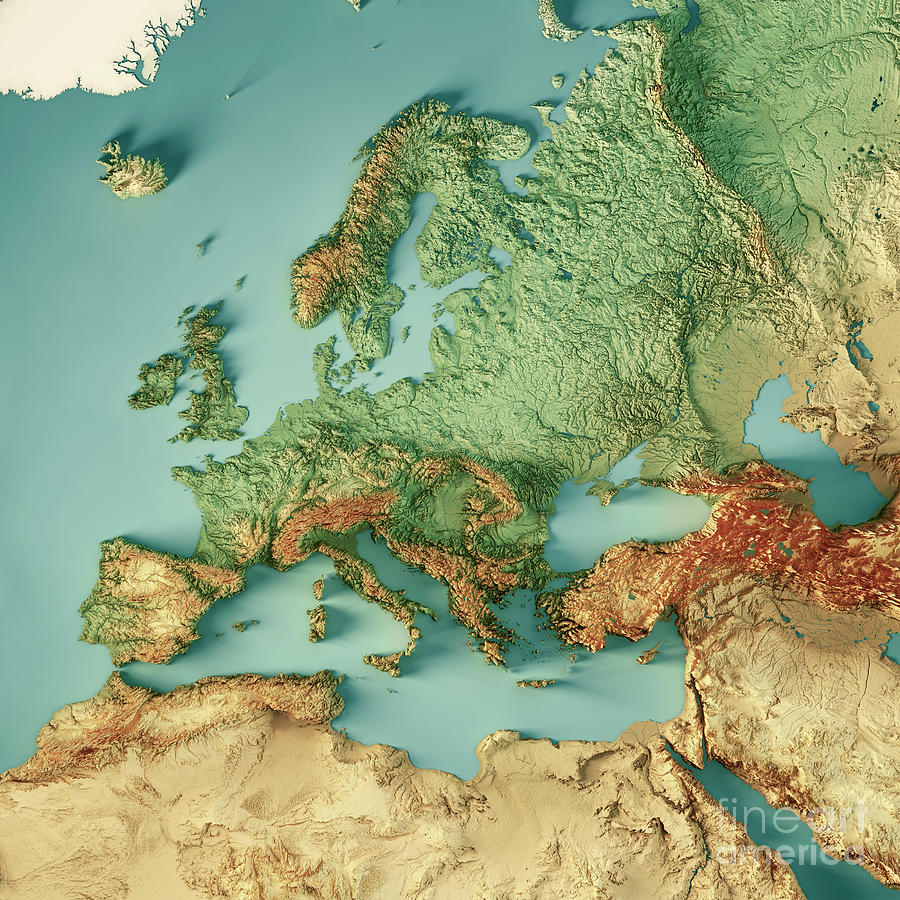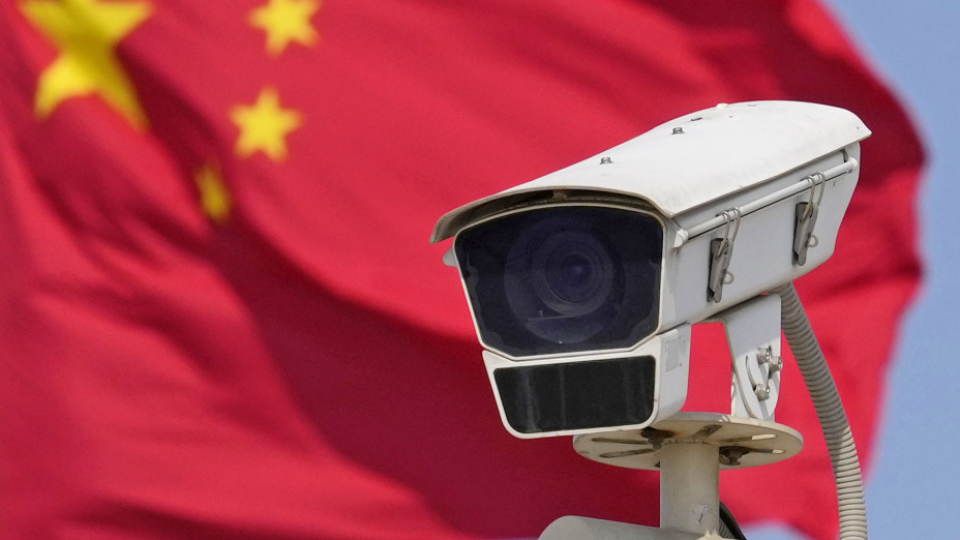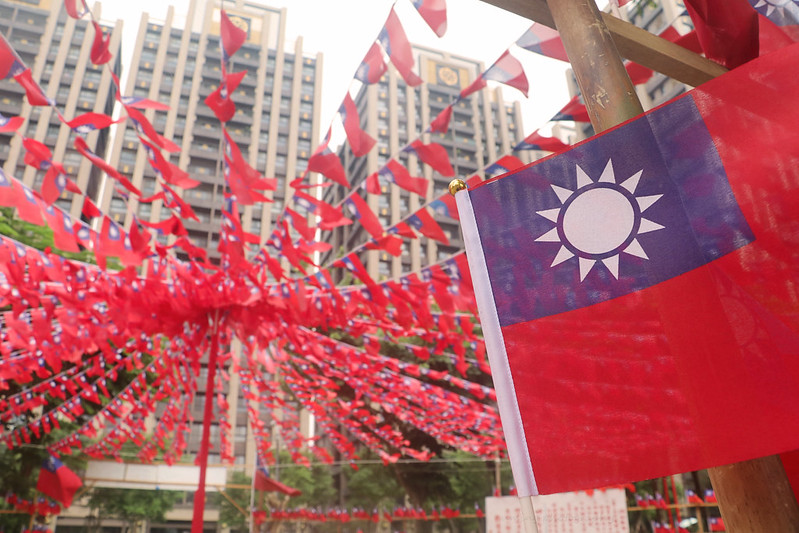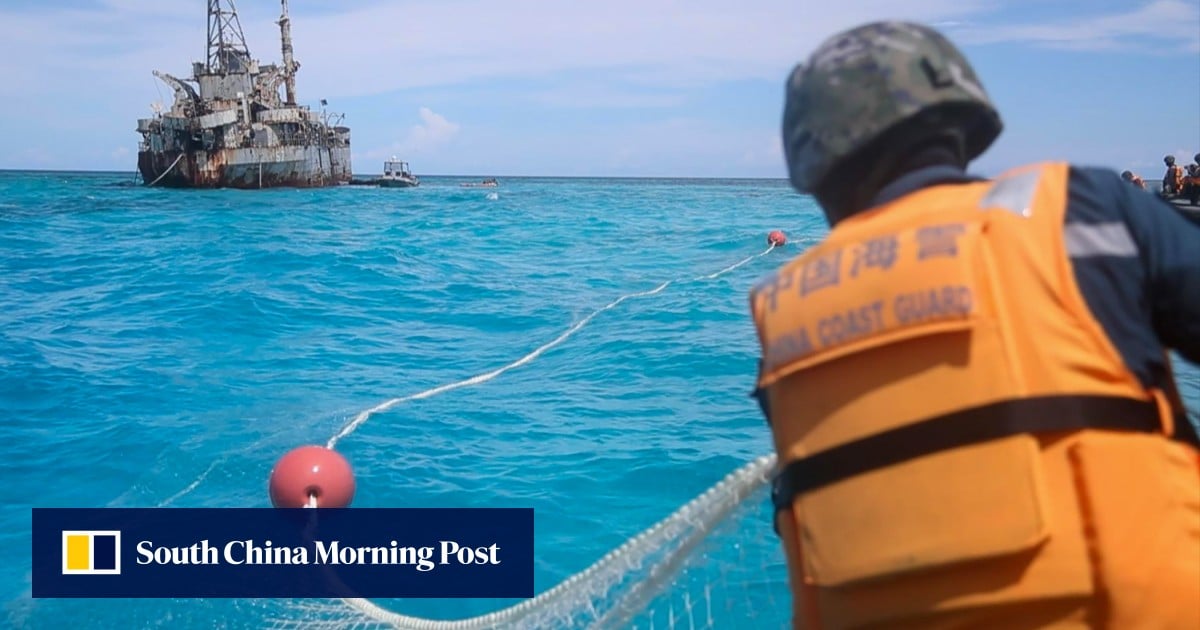- 64 Posts
- 21 Comments

 6·9 hours ago
6·9 hours agoIch hätte das so erwartet, aber nicht aus eigener Intuition, sondern weil es viele Studien gibt, die das praktisch alle bestätigen. Es gibt sogar zufällig eine aktuelle Meta-Studie dazu:
Drawing on both academic and industry sources, our research team combined the results from more than four decades of prior research on spending behaviour and payment methods into a large dataset.
This data spanned 71 research papers, 17 countries, and more than 11,000 participants. State-of-the-art meta-analysis techniques then allowed us to collectively analyse the results from all these prior studies, and re-examine their insights.
We found that cashless payments were indeed associated with higher levels of consumer spending compared to cash transactions, something that is referred to in the literature as the “cashless effect”.
This cashless effect was consistent across all other payment methods in the data set.
Put simply, it doesn’t matter whether you use a credit card, debit card or a buy-now-pay-later service – you are likely to spend more money using cashless methods than when you pay with cash.

 5·11 hours ago
5·11 hours ago@BakerBagel@midwest.social The “American aligned entities” seek alliances because of China’s aggression, and they do so by collaborating not just with America but also with each other, e.g., Japan, the Philipines, Australia, and others. These countries collaborates voluntarily with each other because of China’s imperialistic behaviour in the region, not because China is “boxed in” by any Western “entity”.
Beijing has been disputing a lot of its neighbours’ sovereignty on land and at sea, including India’s and Russia’s, and neither India nor Russia are exactly what I would call “American aligned entities”. As @Buffalox already said, even the single-party communist country Vietnam with a similar authoritarian system seeks stronger ties with the USA rather China.
Taiwan is of massive strategic value because it would allow Chinese vessels to access the Pacific Ocean unimpeded.
China has been accessing the Pacific Ocean unimpeded for decades now, no one questions that. The reasons why China wants control over Taiwan are manifold, one being Taiwan’s prominent role in the global supply chain, another is that it would give China better access to the South China Sea and its estimated reserves of 190 trillion cubic feet of natural gas and 11 billion barrels of oil.

 2·1 day ago
2·1 day agoYeah, as you mention Vietnam: the interesting bit here maybe is that Vietnam -a single-party country with a similar totalitarian approach like China- appears to seek closer ties to the U.S. rather then to Beijing, at least that’s my interpretation of the country/'s political moves over the last year or so.

 7·1 day ago
7·1 day agoYeah, they work in a huge network mainly in Europe. As always, we should never trust blindly, but Epicenter appears to do a solid work. I have been disagreeing with what they said in the last years on some incidents, but all in all they do a good work. At least that’s my opinion.

 8·1 day ago
8·1 day agoEpicenter Works is a digital rights organizations based in Austria.

 101·1 day ago
101·1 day agoYou may have a particular perception of reality -a narrative- and then infer a claim. But it is a completely different thing if you have a claim and then seek to construct a narrative.
What this incident tells us is that the Chinese government doesn’t know itself how to justify its claims, so it urges academics to find something to justify the claims of sovereignty over the sea (and the sea’s estimated 11 billion barrels of untapped oil and 190 trillion cubic feet of natural gas, btw) against a wide range of (non-Western) countries like the Philippines, Taiwan, Vietnam, Indonesia, Malaysia, and Brunei.
The fact that China is pursuing its claims very aggressively makes this whole thing even worse (And, yes, other countries may do similar things, and it is bad too, but it doesn’t justify China’s move here.)

 6·1 day ago
6·1 day agoYes, I fully agreed. Usually I don’t post the SCMP as it is Chinese state-controlled media. I did it in that case (and in another post in this community) as it provides a glimpse into Chinese propaganda planning. This is why I posted it here, but please let me know if you think I am mistaken.

 172·1 day ago
172·1 day agoI don’t like the source either, and usually I never link to SCMP or other Chinese propaganda media. In that case, however, I made an excemption (maybe it wasn’t a good idea, just let me know that) as the article doesn’t promote China’s official agenda. The article is highly critical of the Chinese health system, even citing ordinary citizens’ posts, and it comes from a paper like SCMP.

 61·1 day ago
61·1 day agoDon’t know of Moon claims, but it’s any dictator’s playbook. It’s worth reporting on things like that to remind us what’s going on.

 52·3 days ago
52·3 days ago@Viking_Hippie First your are claiming that Chinese cars aren’t manufactured in Xinjiang. When I provide evidence that this is false, you say “even so” and repeat your opinion. It seems whatever one says, no matter if evidence proofs otherwise, you “know” it better, continuing with your false narrative and spreading your opinion. Some may find such conversations funny, I say it is waste of time.
Your points in your statement above are false again.

 51·3 days ago
51·3 days agoChinese cars aren’t even made in Xinjiang.
First, your statement is outright false, one example being the plant operated until recently by a subsidiary of SAIC-Volkswagen near Urumqi, the capital of China’s Xinjiang Region. Volkswagen had to leave the joint venture with SAIC exactly over forced labour allegations.
And second, even if true it wouldn’t matter as forced labour in China doesn’t just take place in Xinjiang alone. There are many other examples across the country.
[Edit typo.]

 54·3 days ago
54·3 days agoWhat a rubbish! It’s awful that the enslaved Chinese workers in Xinjiang and elsewhere in China actually are bearing the burdens of Chinese cheap cars.

 12·4 days ago
12·4 days agoThe ‘cyberspace’ is designed to be decentralized, exactly the opposite of what you describe. China is trying to ‘lead the way’ into an Orwellian dystopia, and that’s among the least things we need.

 2·4 days ago
2·4 days agoChina tritt Menschenrechte mit Füssen
Repression gegen die tibetische Gemeinschaft: Bei Protesten gegen den geplanten Bau eines Wasserkraftwerkes, für dessen Inbetriebnahme mehrere Dörfer und tibetische Klöster von grosser historischer Bedeutung überflutet werden sollen, wurden im Frühjahr 2024 über tausend Menschen, darunter Nonnen und Mönche, verhaftet. Bis zu einer Million tibetische Schülerinnen und Schüler ab 4 Jahren – das sind über 80 Prozent aller schulpflichtigen tibetischen Kinder – werden gezwungen, Internatsschulen fern von ihren Familien zu besuchen, wo ihnen nur die chinesische Sprache und Kultur vermittelt wird.
Repression gegen die uigurische Gemeinschaft in Ostturkestan (chin. Xinjiang): Weltweit Schlagzeilen machte in den vergangenen Jahren die Inhaftierung von etwa einer Million Menschen in so genannten “Umerziehungslagern”, wo sie indoktriniert und teilweise gefoltert und vergewaltigt werden. Während jüngst einige dieser Lager aufgrund des internationalen Drucks geschlossen wurden, wird die uigurische Bevölkerung auch ausserhalb überwacht. Ehemalige Insass:innen der Lager werden unter Hausarrest gestellt, zu langjährigen Haftstrafen verurteilt oder müssen Zwangsarbeit leisten. Zudem ist dokumentiert, wie die chinesische Regierung durch Zwangssterilisationen und weitere Massnahmen zur Geburtenkontrolle bei uigurischen Frauen eine dramatische Änderung der demografischen Zusammensetzung in der Region herbeiführt.

 20·4 days ago
20·4 days agoThey must earn their 50 cents …

 4·4 days ago
4·4 days agoAh, sorry. I read again some news and the community seems indeed aiming at a different direction. Do you want me to delete this?















I have been thinking the same. Maybe ghost.org’s federation over ActivityPub can solve the problem?